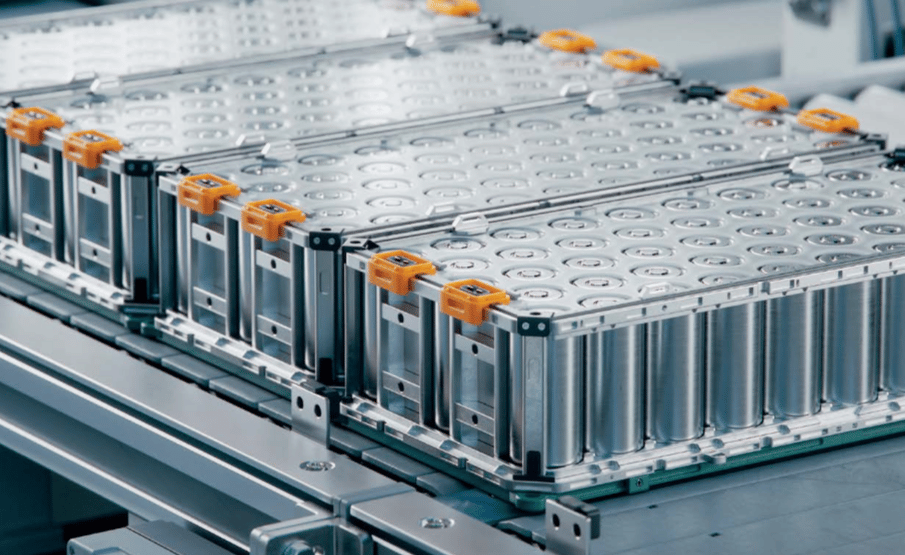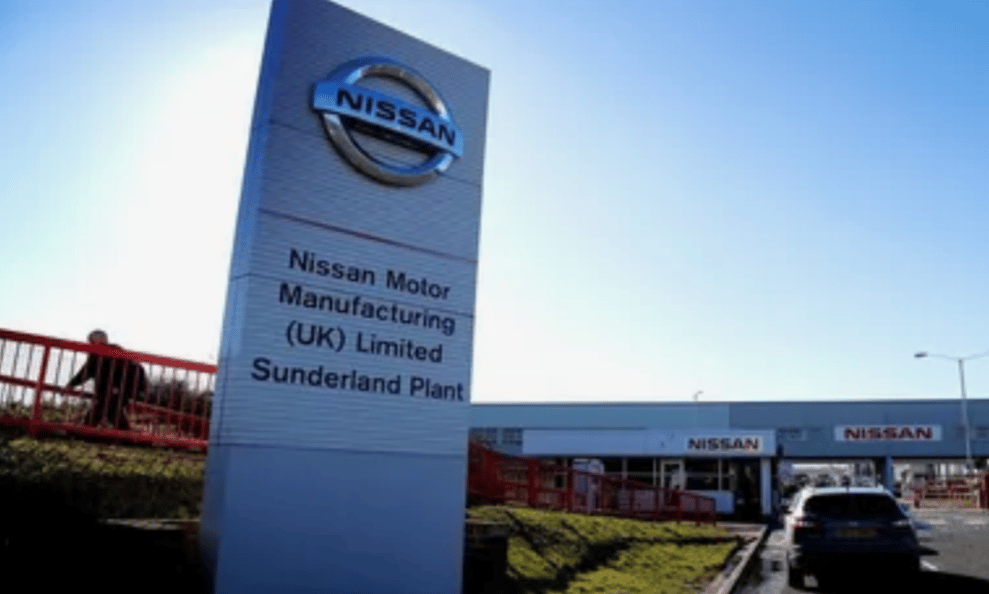UK Government Commits £1 Billion to AESC’s New Electric Vehicle Battery Plant in Sunderland
In a strategic move to bolster the UK's electric vehicle (EV) production capabilities, the government has announced a £1 billion investment to support AESC's new battery manufacturing plant in Sunderland. This initiative marks a major step forward in the UK’s ambition to become a leader in electric vehicle production, aligning with broader goals to reduce carbon emissions and foster innovation in clean energy technologies. With this new facility, AESC, a Japanese battery manufacturer, will significantly scale up production, setting the stage for a greener future.
AESC’s Expansion and the Role of UK Government Funding
The new AESC plant will be located in Sunderland, a key hub for the UK's automotive industry, and home to the largest Nissan $7201.T manufacturing facility in the country. This strategic location enhances the collaboration between AESC and Nissan, further solidifying the UK’s position in the global electric vehicle market.
Sunderland: A Vital Hub: Sunderland is not only a prominent location for automotive manufacturing but also a growing center for innovation in the electric vehicle sector. The presence of Nissan's largest UK plant, coupled with AESC's new facility, creates an ecosystem that supports the development and production of electric vehicles and their essential components.
Nissan’s Role in the EV Shift: In 2023, Nissan made significant investments into the Sunderland plant to begin production of electric versions of its popular models. This move is part of a broader strategy by Nissan to pivot towards electric vehicles and reduce its environmental footprint. AESC’s new plant will play a pivotal role in supporting Nissan’s transition to electric vehicles.

Government’s Financial Commitment and Investment Partnerships
The UK government has committed £1 billion to fund the development of the new battery production plant. This funding will enable AESC to increase its capacity to manufacture batteries for 100,000 electric vehicles annually, a significant increase from its current output.
Public-Private Partnership: The UK government’s commitment includes financial guarantees from the National Wealth Fund and UK Export Finance, which will help raise £680 million in financing from major banks. These include Standard Chartered, HSBC, SMBC Group, Societe Generale, and BBVA. The public-private partnership is a key element in ensuring that AESC can meet the increasing demand for EV batteries.
Environmental and Economic Impact: This substantial investment is not just about increasing production capacity; it also positions the UK as a key player in the global transition to electric vehicles. The plant is expected to provide hundreds of jobs and attract further investments in the clean energy sector, boosting both the regional and national economy.
The Importance of EV Battery Production in the UK
The shift towards electric vehicles requires a robust supply chain for critical components such as batteries. By establishing a local manufacturing facility for EV batteries, the UK can reduce its dependence on foreign suppliers and secure its position in the rapidly growing global EV market.
Reducing Supply Chain Risks: With global supply chains under strain due to geopolitical tensions and disruptions, producing batteries locally provides a degree of security for the UK’s automotive industry. It also reduces the environmental footprint associated with transporting materials from abroad.
Driving Innovation: The establishment of this state-of-the-art facility will foster innovation in battery technology, making the UK a center for cutting-edge research and development in EV batteries. This aligns with the UK’s goal to become a leader in clean technologies, particularly in the face of the global push for sustainability.
The Broader Impact on the UK’s Green Economy
The establishment of AESC’s new plant in Sunderland is part of the UK’s broader strategy to create a green economy and accelerate the transition to electric vehicles. This move not only helps meet the increasing demand for EVs but also strengthens the UK’s position in the global clean energy race.

Key Factors Driving the UK’s EV Industry Growth
Government Support for Green Technologies: The UK government’s focus on supporting green technologies, such as electric vehicles, has created a favorable environment for companies like AESC. Financial incentives, infrastructure investments, and a growing focus on reducing carbon emissions are key drivers for growth in the EV sector.
Strong Domestic Demand for EVs: The UK’s push to electrify its vehicle fleet is further supported by increasing domestic demand for electric cars. With more consumers and businesses adopting EVs, there is a growing need for locally produced batteries to support this trend.
Global EV Market Growth: As countries around the world continue to push for stricter emissions regulations and accelerate the adoption of electric vehicles, the demand for high-quality batteries is expected to soar. The UK’s investment in local battery production puts it in a strong position to capitalize on this global market growth.
Long-Term Vision for EV Battery Manufacturing
By investing in domestic battery production, the UK is preparing for the future of the electric vehicle industry. With this strategic focus, the UK aims to ensure that it remains a major player in the global transition to clean transportation.
Sustainable Growth: As the demand for electric vehicles continues to rise, ensuring a stable and sustainable supply of batteries will be critical for the UK’s automotive industry. The AESC plant plays a crucial role in this regard, providing a reliable source of high-quality batteries for EV manufacturers.
Job Creation and Economic Benefits: The new facility will create hundreds of skilled jobs in Sunderland, with further potential for growth in the surrounding areas. The long-term economic benefits of this investment will be felt across the region, contributing to the UK’s post-pandemic recovery.
Conclusion: A Bright Future for the UK’s EV Sector
The £1 billion investment in AESC’s new EV battery production plant marks a significant milestone in the UK’s push to become a global leader in electric vehicles. With strategic partnerships, government support, and a strong focus on innovation, this move is set to bolster the country’s automotive industry, create new jobs, and support its transition to a greener economy. The Sunderland plant, together with Nissan’s growing electric vehicle production capacity, strengthens the UK’s position in the global EV market, driving the country towards a more sustainable future.















Comments